Dien Chau's budget revenue is high.
(Baonghean.vn) - The total budget revenue in 2022 of the district is estimated at 889,116 billion VND.
In the first 4 months of the year, the real estate market was bustling in Dien Chau district and Nghe An province.
 |
Garment production in the Hong Ky Tower Industrial Park. Photo: Mai Giang |
To ensure full collection of tax revenue from land use rights, Bac Nghe II Tax Department has implemented many timely solutions to raise awareness among people to seriously exercise their rights and obligations to pay taxes during transactions, limiting tax losses.
Accordingly, in the first 11 months of 2022, the total number of files that Bac Nghe II Tax Department guided people to declare additional taxes on real estate transfer and sale was more than 2,000 files, the difference in amount increased compared to the first contract value by tens of billions of dong. Thanks to that, in 2022, revenue from granting land use rights of Dien Chau district increased, reaching 616.2 billion dong, equal to 188.2% of the district People's Council's estimate.
Ms. Cao Thi Tuyet - a resident of Yen Quang hamlet, Dien Ngoc commune, when coming to transact at Bac Nghe 2 Tax Department, said: Real estate transactions are regulated by law and people must follow the instructions of state agencies. Personally, when I come to transact, I fully comply with the regulations and make serious declarations.
Along with real estate transfer tax, tax collected from property leasing is also an area prone to revenue loss. Dien Chau district currently has 31 organizations and individuals leasing property with the declared tax amount and paid to the budget in 2022 of 1,045 million VND.
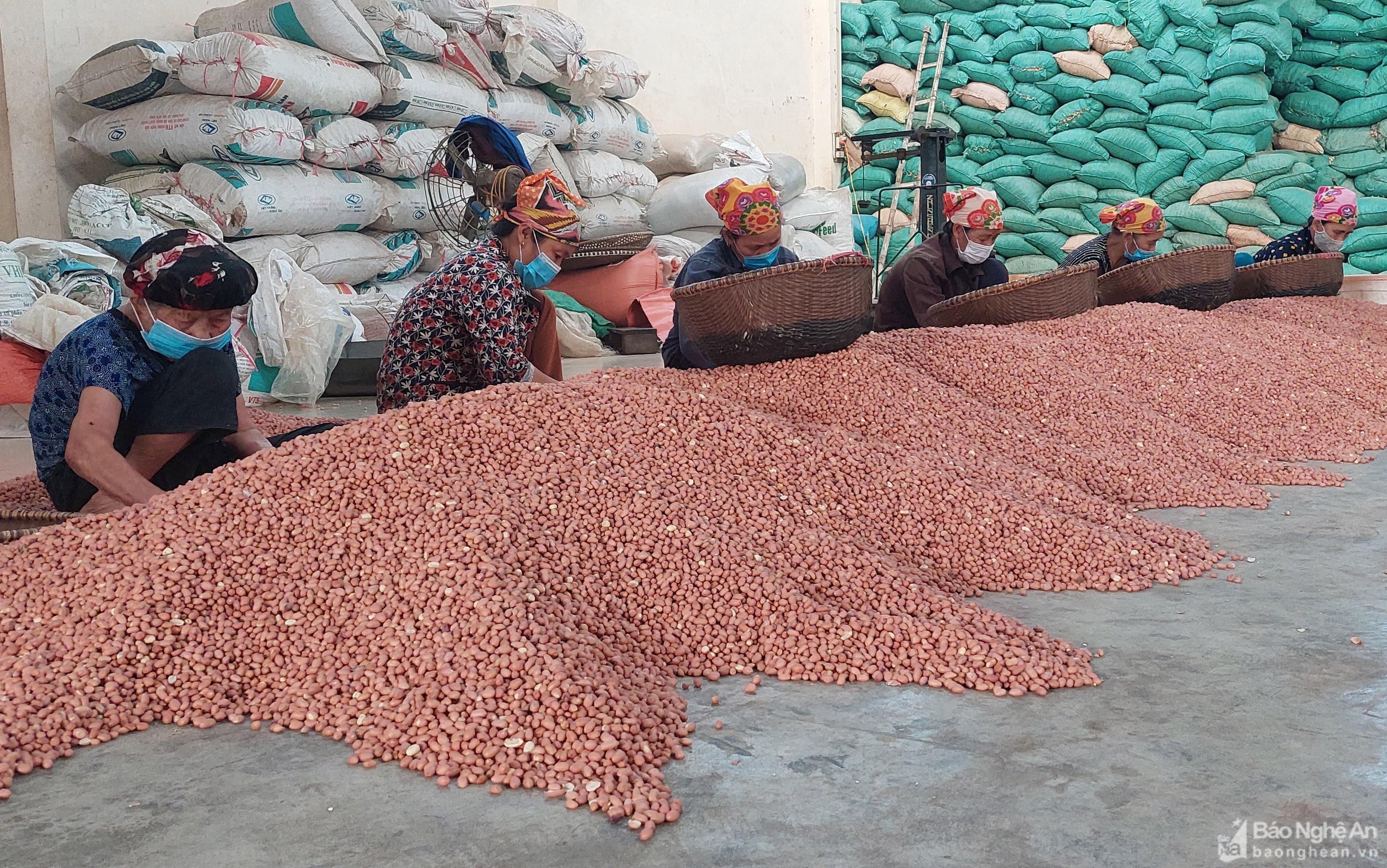 |
Processing peanuts for export in Dien Chau. Photo: Mai Giang |
According to regulations, individuals who do business or rent out assets with revenue of 100 million VND/year or less are not required to pay tax. Therefore, in many cases, the lessee and the lessor agree to lower the rental price in the contract to avoid tax.
Grasping that situation, the Bac Nghe II Regional Tax Department coordinated with the police and commune authorities to make a list of individuals and organizations renting assets, and reviewed tax registration and declaration records. Through inspection, examination, and review of tax declaration records, and comparison of rental costs of organizations and enterprises, organizations and individuals were found to have not declared or declared lower than the actual amount for collection.
According to the report of Dien Chau Tax Department, in 2022, the non-state industrial, commercial and service tax of Dien Chau district reached a high level with an estimated revenue of more than 60 billion VND, reaching 100% of the estimate. To achieve this result, in addition to the tasks of the tax sector, the Tax Advisory Council of 37 communes and towns promptly strengthened propaganda and mobilization, thanks to which, enterprises, production and business establishments, and individual business households voluntarily fulfilled their tax obligations to the state according to regulations.
Dien Chau has 619 enterprises and over 1,410 business households declaring and paying taxes in the area. Although there are still many difficulties in economic development and budget collection, last year, thanks to outstanding efforts and many timely solutions, the total budget revenue in the area in 2022 of the district is estimated at 889,116 billion VND, equal to 180.3% of the estimate, of which revenue from granting land use rights is estimated at 616.2 billion VND, equal to 188.2% of the estimate of the District People's Council.
Excluding land use fees, Dien Chau's estimated revenue for the whole year is 272.9 billion VND, reaching 164.5% of the estimate..Among them, many taxes have achieved high revenue such as: Land use rights tax, non-state industry and trade tax, personal income tax, registration fee, land and water surface rent...
Mr. Le Manh Hien - Vice Chairman of Dien Chau District People's Committee said: In addition to the achieved results, Dien Chau has also identified difficulties in budget collection for a number of taxes such as: Non-agricultural land use tax, tax debt collection.

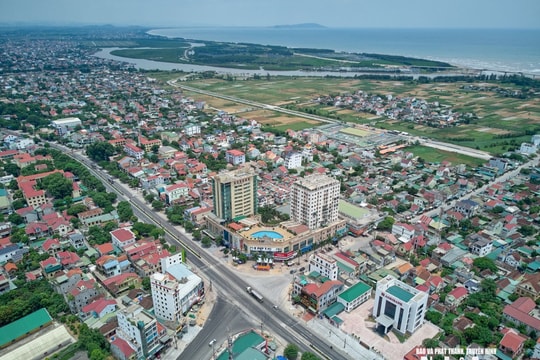

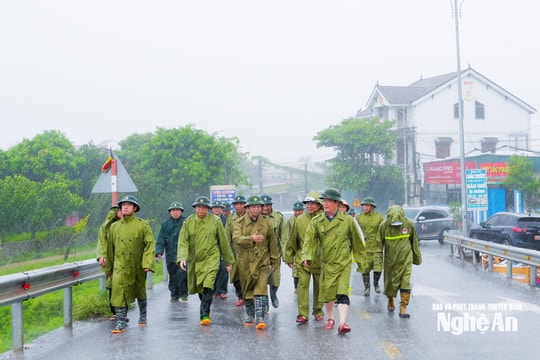
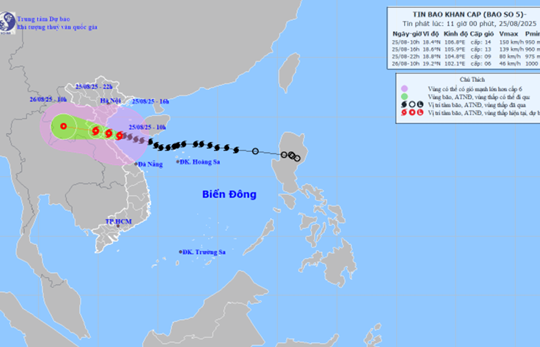
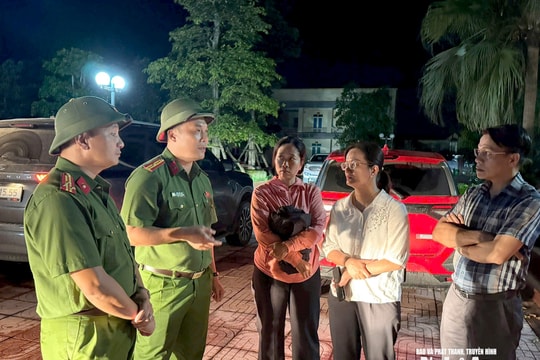

.jpeg)
